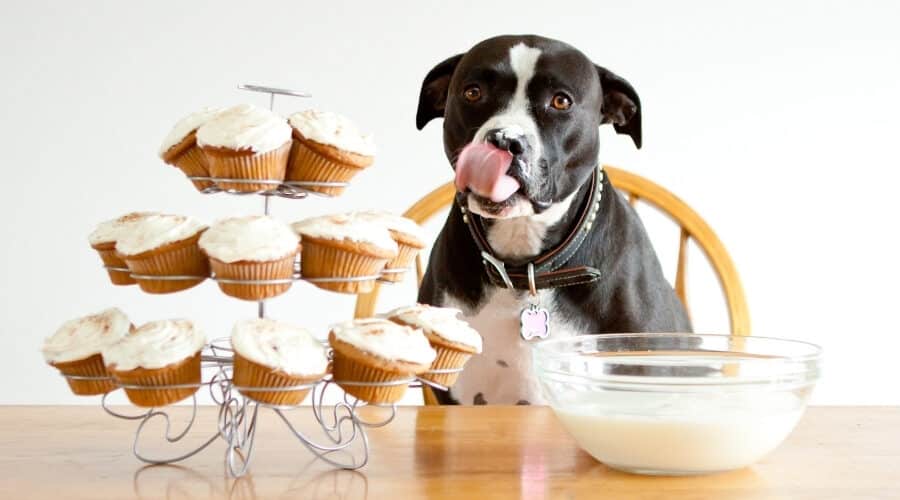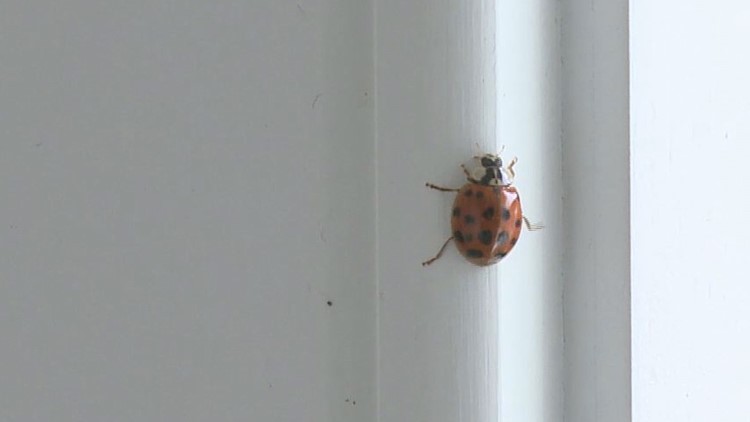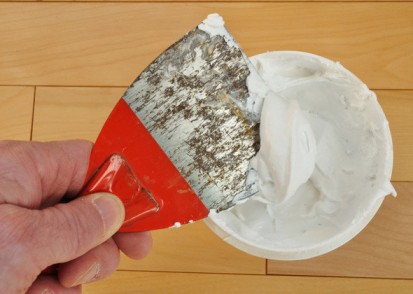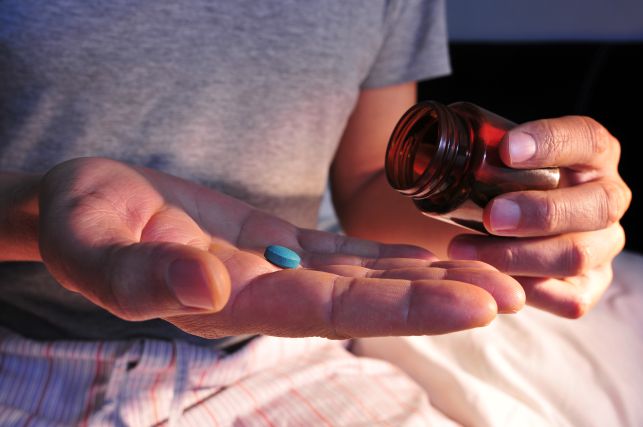
Connect with a verified veterinarian in minutes. Licensed vets are available 24/7 to answer your questions. No need to worry about your furry family member.
Cupcakes! Who can pass one by? They’re just the right size for a single serving, without being too much. If you’re snacking on a cupcake, chances are your fur baby is sitting next to you right now. He wants you to share it with him! However, cupcakes aren’t very healthy for dogs. And neither are cupcake wrappers!
Are Cupcake Wrappers Bad for Dogs?
The answer is it depends. That’s because there’s a wide range of cupcake wrappers available. The most common include:
- Foil
- Silicone
- Paper
Foil and silicone cupcake wrappers are the most dangerous because they can cause what’s known as an intestinal blockage. Paper cupcake wrappers will usually pass through the digestive system more easily. However, if your pet has eaten a large amount of paper wrappers, it could cause problems. All types of cupcake wrappers can cause a choking hazard. It is best to phone your veterinarian to discuss what has happened to get individual advice for your pet.
Another issue is if the cupcake wrappers a dog has eaten contained cupcakes! This can be a problem as the high sugar content, along with the fats and other ingredients (such as chocolate) can be dangerous for dogs. And if the cupcakes were made with xylitol, they can be toxic to dogs.
My Dog Ate Cupcake Wrappers – What Should I Do?
The first thing is to check and see how your dog’s doing. Does he seem bright and normal? Is he showing signs of stomach distress, vomiting, or diarrhea? Is he having breathing difficulties (choking)?
If he’s OK, then be sure to clean up any mess and keep the cupcakes where he can’t get at them. Then try to determine how many cupcakes or wrappers your dog’s eaten. What were the wrappers made of? Were there any toxic ingredients in the cupcakes?
It is recommended to phone your vet and discuss what has happened, including what ingredients were in the cupcakes, and how many wrappers/ cupcakes they have eaten. Your vet will help you make a plan for the next best step for your fur baby.

Review symptoms, medications & behavior to keep your pets healthy with a Vet Online in just minutes.
Ask a Vet Live NowWhat is the Treatment for Ingested Cupcake Wrapper
At the vet’s they will examine your dog. They may do lab work (blood tests), along with some x-rays. Depending on what type of wrapper your pet has eaten, x-rays may show where the cupcake wrapper is inside the dog’s digestive system.. In some cases, the vet will be able to remove the wrapper through an endoscopic procedure. In some cases, if the dog has swallowed a silicone or foil cupcake wrapper, your fur baby may require surgery.
If you’re enjoying cupcakes, be sure to keep them out of your dog’s reach. And it’s also a good idea to invest in a dog-proof wastebasket to keep your dog from digging cupcake wrappers out of the trash.
Connect with a verified veterinarian in minutes. Licensed vets are available 24/7 to answer your questions. No need to worry about your furry family member.

Evie Moloney, RCVS
This article has been reviewed and approved by an independent Veterinarian: Evie is a vet surgeon who graduated from the University College Dublin, which is the only university offering the veterinary medicine degree in Ireland. She really enjoys surgery and has also worked as an emergency and critical care vet. She is passionate about sharing education about preventative health care for pets, especially the importance of regular dog and cat teeth brushing at home. She also enjoys helping owners find practical solutions for keeping pets as comfortable as possible while living with conditions such as arthritis. When not working, she enjoys hiking and swimming.
Review symptoms, medications & behavior to keep your pets healthy with a Vet Online in just minutes.
Ask a Vet Live Now





